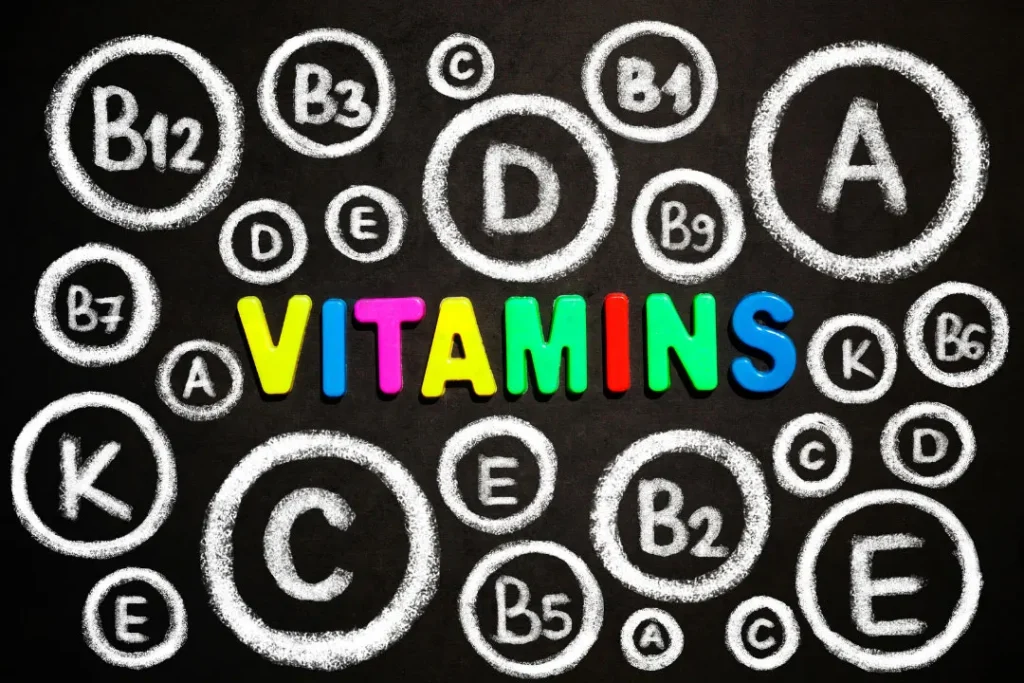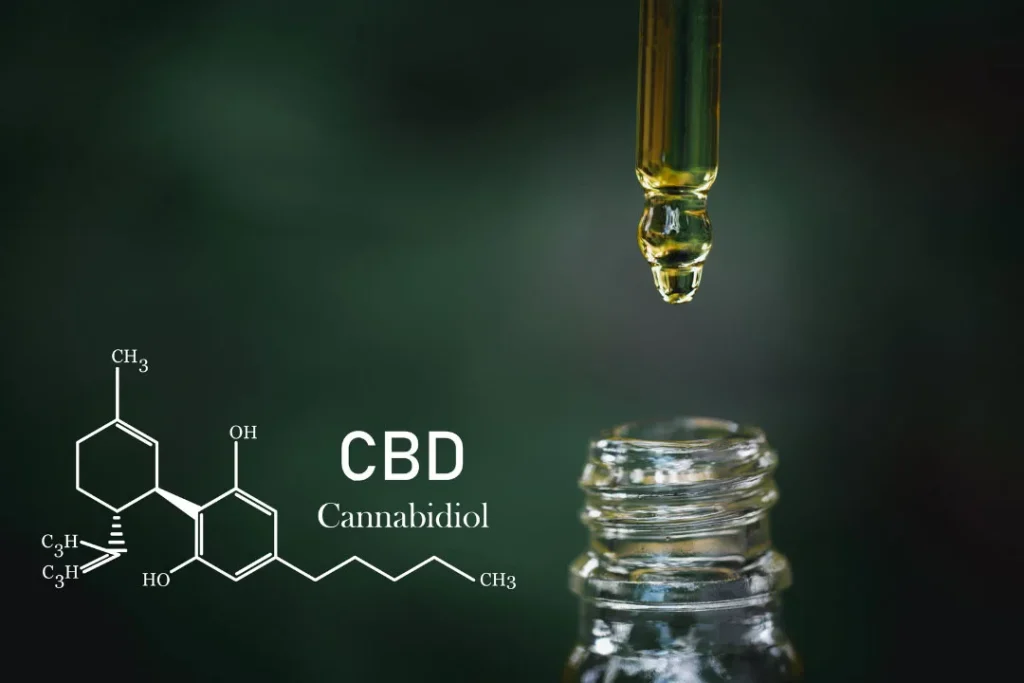Canadian hemp, also known as cannabis sativa in the scientific community, is receiving a lot of interest in the fields of nutrition and health. This perennial crop is grown extensively across Canada, with the Canadian prairies serving as a significant growing area because of the ideal climatic conditions for its development. This article’s main objective is to inform you of the chemistry behind Canadian hemp in order to understand its potential health advantages, the ideal dose, potential drawbacks, and interactions with other compounds.
You May Also Like:
Yerba Mate is an Elixir. It Delivers on These 9 Incredible Health Benefits
3 Great Nitric Oxide Health Benefits, And How To Boost Your Nitric Oxide Level
The Nature of Canadian Hemp
Hemp seeds and hemp oil are the two primary elements of Canadian Hemp that largely contribute to its nutritional benefits . Protein, fiber, and beneficial fatty acids like omega-3 and omega-6 are all abundant in hemp seeds. Additionally, they contain gamma-linolenic acid, which has been associated with a number of health benefits .
Polyunsaturated fats and essential fatty acids are abundant in hemp oil, which is produced by pressing the seeds of the plant. It contains an ideal omega-6 to omega-3 ratio of 3:1, which is provides the greatest number of health benefits. . Hemp seeds and oil are rich in a variety of vitamins and minerals, including vitamin E, calcium, iron, zinc, phosphorus, potassium, and magnesium.
Cannabinoids, of which tetrahydrocannabinol (THC) and cannabidiol (CBD) are the two most well-known, are special substances that the hemp plant also generates. Canadian hemp mostly includes CBD, with very little (or often undetectable) THC.

Health Benefits of Canadian Hemp
Numerous health advantages have been linked to the use of Canadian hemp in studies, including:
- Cardiovascular Health: Omega-3 and omega-6 fatty acids are proven vitamins to benefit your heart health by lowering cholesterol, blood pressure, atherosclerosis, and other cardiovascular concerns. Hemp seeds and oil contain these fatty acids.
- Digestive Health: Hemp seeds, which are rich in dietary fiber, can help your body with good digestion and can treat other digestive issues.
- Cognitive Function: Omega-3 fatty acids found in hemp are essential for maintaining healthy brain function. Although further study is needed to determine the exact scientific reason behind this, the non-psychoactive Canadian hemp component CBD has also shown many neuroprotective qualities.
- Skin Health: If you are looking for a natural oil to incorporate into your skin care, hemp oil’s high fatty acid and vitamin content helps in maintaining healthy skin and slows the signs of aging.

Chemistry of Canadian Hemp
The most well-known cannabinoids in Canadian hemp, or Cannabis sativa, are delta-9-tetrahydrocannabinol (THC) and cannabidiol (CBD). Canadian Hemp’s chemistry is intriguing since, in contrast to its cousin cannabis, it has very little THC (0.3% or less), but a lot of CBD, which renders it to be non-psychoactive.
Hemp seeds include a range of healthy elements, including proteins, carbs, fiber, and a variety of vitamins and minerals, in addition to cannabinoids. They are mostly composed of dietary fibers and other natural substances, with about 30% of their weight coming from oil and 25% from protein. These substances, such as polyphenols and antioxidants, support the hemp’s health benefits .

Physiological Benefits of Canadian Hemp
The endocannabinoid system (ECS) in our body is how cannabinoids, such as CBD, thrive . The ECS is a complex cell-signaling system that is essential for controlling a variety of bodily processes and activities, including sleep, mood, hunger, memory, reproduction, and pain. It is made up of receptors, which endocannabinoids and cannabinoids attach to.These enzymes, which aid in the breakdown of endocannabinoids, cannabinoids, and endocannabinoids, are chemical substances created by our body.
Unlike THC, which binds directly, CBD typically interacts with the CB1 and CB2 receptors indirectly. By affecting these receptors, CBD can assist in regulating and maintaining equilibrium in the ECS, which can have positive effects on our overall health.
Omega-3 and omega-6 fatty acids, two nutritional components of Canadian hemp, are also important for maintaining a healthy body. . They support your heart health, improve your cognitive function, and act as vital building elements for your cell membranes.

Optimal Dosage
Depending on the form used, there are different dosages of Canadian Hemp that you can take. . Two tablespoons of whole hemp seeds per day are often recommended as a good place to start. A daily consumption of one to two teaspoons of hemp oil is also typical. These amounts are only suggestions, so you should modify them based on your dietary requirements and health situation.
Side Effects
Although Canadian hemp is usually e safe to consume, some people may have moderate side effects, often brought on by overconsumption. These can include cramping in your abdomen, gas, bloating, and diarrhea.
Canadian hemp’s CBD can affect how your body processes certain medicines by interacting with them. This is mostly because of how CBD interacts with the cytochrome P450 system of enzymes, which is in charge of metabolizing a broad variety of substances. Therefore, we advise that if you use drugs, especially those that are processed by cytochrome P450 enzymes, speak with your healthcare professional before including Canadian hemp in your diet.
Excessive ingestion of hemp seeds, which contain a lot of fat, can result in weight gain or intestinal discomfort. So, just as with any meal or supplement, balance and moderation are key.
Given its rich nutritional profile and interaction with the ECS, Canadian hemp provides a promising range of potential health benefits . However, further study is required to completely understand its results, workings, and best way to apply it. Before introducing any new supplements to your diet, you should always see a physician first, especially if you are on any prescribed medication.

Potential and Substance Interactions
Although Canadian hemp is usually regarded as harmless, excessive use can have moderate adverse effects, such as diarrhea, bloating, and stomach cramps.
Even though it is often well tolerated, CBD may interact with certain prescribed medications by altering how our systems metabolize them. It may specifically interfere with the cytochrome P450 enzymes, which are in charge of the metabolism of drugs. Some antidepressants, antibiotics, antihistamines, beta-blockers, and other medications that are processed by these enzymes may have different effects due to, this interaction. Therefore, if you’re taking any medications, it is advised to speak with your healthcare provider before including Canadian hemp in your diet.
Best Responsible Use
The easiest way to include Canadian hemp in your diet is to begin with tiny doses, see how your body reacts, and then modify as necessary. From salads to smoothies to baked products, it can be added to a wide range of foods. A healthy lifestyle should be approached holistically, and using Canadian hemp as a supplement can support a balanced diet and induce frequent exercise.
Canadian Hemp:
Conclusion
There are many benefits in taking Canadian hemp as a daily supplement, and it is known for improving everything in our physcial body. These elements include aiding our heart health, mental health, skin health, and more. This supplement is diverse, and can be taken in variety of ways, whether you prefer orally, or topically. However, it is important to remember to take it in moderation, and in small doses in the beginning. Also, like all other supplements and medications, we greatly advise you get medical advice from your doctor before adding it to your diet if you are also taking prescription medication.
References:
- “Cannabis sativa: The Plant of the Thousand and One Molecules.” Retrieved from: https://www.frontiersin.org/articles/10.3389/fpls.2016.00019/full
- “The Health Effects of Cannabis and Cannabinoids: The Current State of Evidence and Recommendations for Research.” Retrieved from: https://www.ncbi.nlm.nih.gov/books/NBK423845/
- “CBD: Safe and effective?” Retrieved from: https://www.mayoclinic.org/healthy-lifestyle/consumer-health/expert-answers/is-cbd-safe-and-effective/faq-20446700
Important Note: The information contained in this article is for general informational purposes only, and should not be construed as health or medical advice, nor is it intended to diagnose, prevent, treat, or cure any disease or health condition. Before embarking on any diet, fitness regimen, or program of nutritional supplementation, it is advisable to consult your healthcare professional in order to determine its safety and probable efficacy in terms of your individual state of health.
Regarding Nutritional Supplements Or Other Non-Prescription Health Products: If any nutritional supplements or other non-prescription health products are mentioned in the foregoing article, any claims or statements made about them have not been evaluated by the U.S. Food and Drug Administration, and such nutritional supplements or other health products are not intended to diagnose, treat, cure, or prevent any disease.


